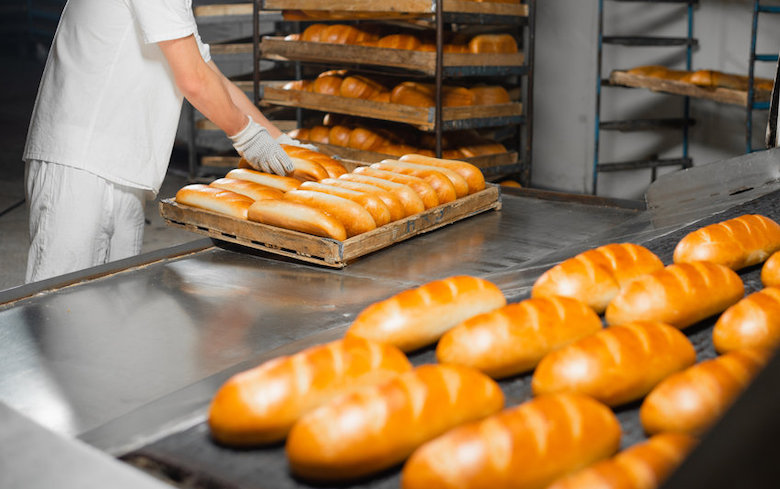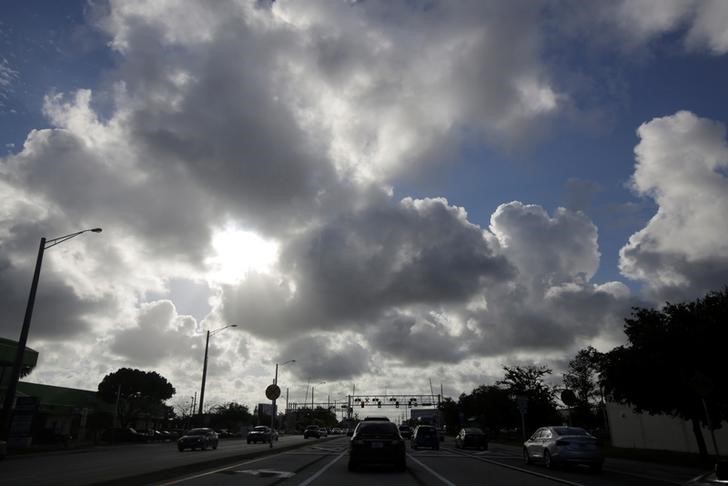
Important Takeaways:
- EXECUTIVE ORDER
- By the authority vested in me as President by the Constitution and the laws of the United States of America including the National Emergencies Act (50 U.S.C. 1601 et seq.) (“NEA”), and section 301 of title 3, United States Code, it is hereby ordered:
- Section 1. The energy and critical minerals (“energy”) identification, leasing, development, production, transportation, refining, and generation capacity of the United States are all far too inadequate to meet our Nation’s needs. We need a reliable, diversified, and affordable supply of energy to drive our Nation’s manufacturing, transportation, agriculture, and defense industries, and to sustain the basics of modern life and military preparedness. Caused by the harmful and shortsighted policies of the previous administration, our Nation’s inadequate energy supply and infrastructure causes and makes worse the high energy prices that devastate Americans, particularly those living on low- and fixed-incomes.
- This active threat to the American people from high energy prices is exacerbated by our Nation’s diminished capacity to insulate itself from hostile foreign actors. Energy security is an increasingly crucial theater of global competition. In an effort to harm the American people, hostile state and non-state foreign actors have targeted our domestic energy infrastructure, weaponized our reliance on foreign energy, and abused their ability to cause dramatic swings within international commodity markets. An affordable and reliable domestic supply of energy is a fundamental requirement for the national and economic security of any nation.
- The integrity and expansion of our Nation’s energy infrastructure —- from coast to coast -— is an immediate and pressing priority for the protection of the United States’ national and economic security. It is imperative that the Federal government puts the physical and economic wellbeing of the American people first.
- Moreover, the United States has the potential to use its unrealized energy resources domestically, and to sell to international allies and partners a reliable, diversified, and affordable supply of energy. This would create jobs and economic prosperity for Americans forgotten in the present economy, improve the United States’ trade balance, help our country compete with hostile foreign powers, strengthen relations with allies and partners, and support international peace and security. Accordingly, our Nation’s dangerous energy situation inflicts unnecessary and perilous constraints on our foreign policy.
- The policies of the previous administration have driven our Nation into a national emergency, where a precariously inadequate and intermittent energy supply, and an increasingly unreliable grid, require swift and decisive action. Without immediate remedy, this situation will dramatically deteriorate in the near future due to a high demand for energy and natural resources to power the next generation of technology. The United States’ ability to remain at the forefront of technological innovation depends on a reliable supply of energy and the integrity of our Nation’s electrical grid. Our Nation’s current inadequate development of domestic energy resources leaves us vulnerable to hostile foreign actors and poses an imminent and growing threat to the United States’ prosperity and national security.
- These numerous problems are most pronounced in our Nation’s Northeast and West Coast, where dangerous State and local policies jeopardize our Nation’s core national defense and security needs, and devastate the prosperity of not only local residents but the entire United States population. The United States’ insufficient energy production, transportation, refining, and generation constitutes an unusual and extraordinary threat to our Nation’s economy, national security, and foreign policy. In light of these findings, I hereby declare a national emergency.
- [Read more on the White House website]
Read the original article by clicking here.








